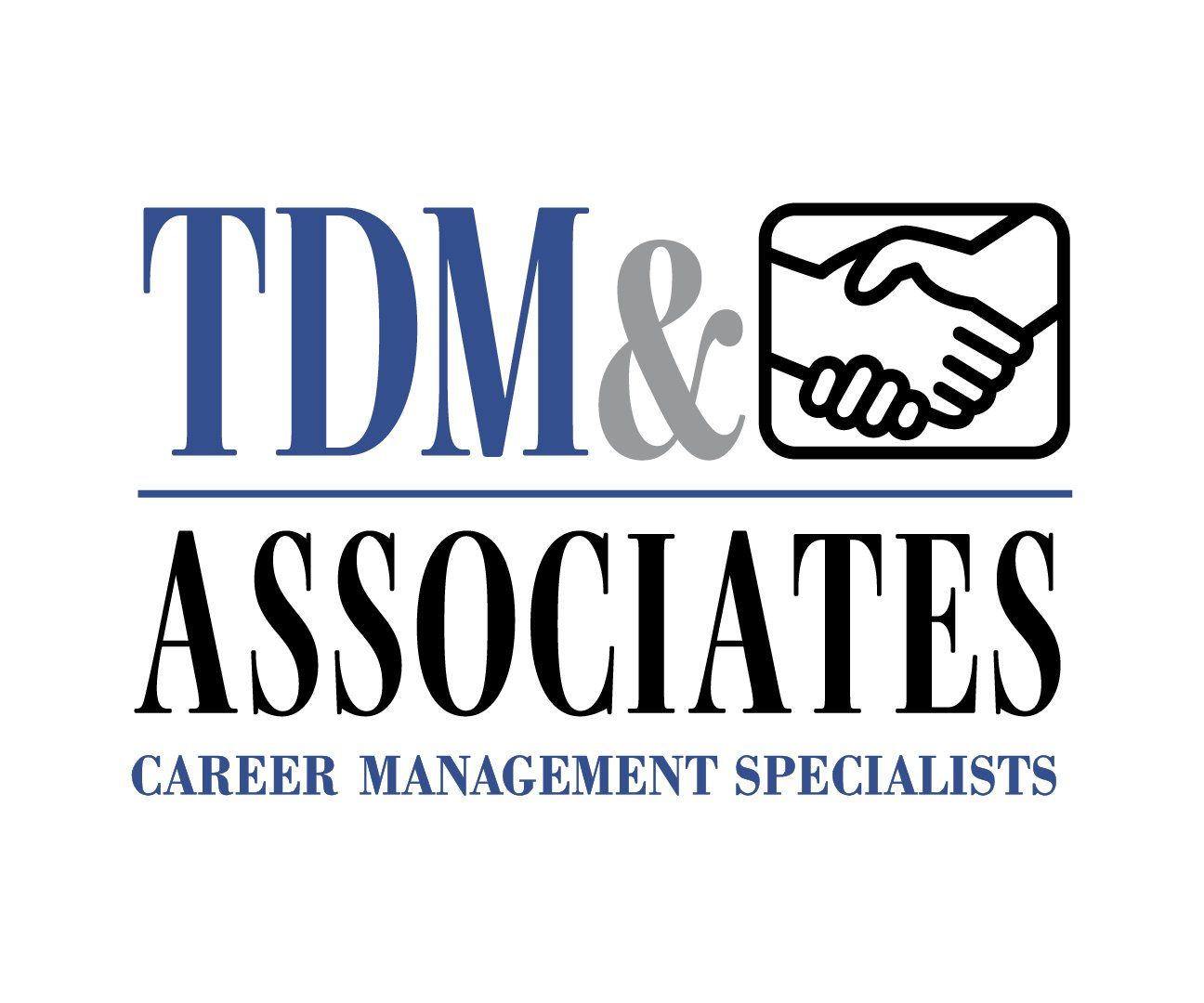Benefits of Recruiter Partnerships for Career Progression
How working with a recruiter can change your career
As the job market rapidly changes due to technology and global trends, navigating it becomes daunting. Job seekers face challenges in keeping pace and securing apt positions. This is where recruiters come in. Beyond just job placements, recruiters offer insights into the hidden job market, ensure you're professionally represented, and provide matches tailored to your skills and goals. By partnering with a recruiter, your job search is no longer a shot in the dark; it's a strategic pursuit, emphasizing both current opportunities and long-term career trajectories.
Navigating the Modern Job Market:
Today’s job landscape is marked by digital growth, resulting in heightened competition due to the ease of online applications. Many job seekers find themselves lost in the deluge of applications for every listing.
However, there's a vast segment of the job market that's 'hidden'—positions not advertised on mainstream platforms. Employers often fill these roles via referrals, internal movements, or, notably, through recruiters, bypassing public advertising. This hidden market offers a less competitive space filled with unexplored opportunities.
For job seekers unfamiliar with this space, recruiters are the bridge. Their deep industry knowledge and extensive networks make them invaluable, connecting candidates to roles often missed by the majority.
Certainly, here's a more concise version of the given sections:
Precision in Job Matching:
It's not about just getting a job; it's about securing the right fit. Recruiters, armed with detailed insights into roles and company cultures, are poised to make more than superficial matches. Their knowledge extends beyond job descriptions, delving into team dynamics and growth potential. For job seekers, this means a refined search process. Recruiters synthesize candidates' skills, aspirations, and cultural preferences, guiding them towards roles where they'll truly thrive. This precision reduces mismatches and ensures each career move is a strategic advancement.
Elevated Professional Presentation:
First impressions in job searches are critical. With a recruiter, you get more than assistance; you gain a professional advocate, one who masterfully showcases your strengths to potential employers. Here's why recruiters excel at this:
- Skill Highlighting: Recruiters, attuned to industry demands, can accentuate your strengths and refine your resume to resonate with specific employers.
- Deep Insights: With their experience with employers, recruiters tailor your profile to match what companies genuinely value, ensuring alignment.
- Narrative Crafting: More than a list of qualifications, recruiters frame your career journey in a compelling narrative, showcasing growth and potential.
- Endorsement Advantage: Coming through a recruiter means you're pre-vetted, offering an implicit professional seal of approval that boosts your profile's credibility.
In essence, recruiters don’t just increase your job market visibility; they elevate its quality, positioning you optimally for lasting success.
Direction & Feedback:
Navigating the intricate job market involves more than merely seizing opportunities. Candidates often need guidance and robust feedback to refine their strategy, and this is where recruiters shine.
- Resume Enhancement: Recruiters, with a solid grasp of industry trends, help optimize your resume. Their insight ensures your resume doesn’t just blend into the stack but stands out, highlighting relevant achievements and skills.
- Interview Preparations: Recruiters offer vital tips, probable questions, and effective communication strategies specific to the company and role, ensuring you're well-prepared and confident.
- Salary Negotiations: The negotiation phase can be overwhelming, but recruiters, armed with knowledge about industry standards and typical offers, guide you in articulating your worth and securing a package that mirrors your value.
- Constructive Feedback: The feedback loop with recruiters is invaluable for personal growth. They offer insights into perceptions, potential improvements, and strengths, allowing for a refined approach for future opportunities.
In summary, recruiters serve as mentors, steering you through the job search journey. Their expertise and personalized feedback ensure your moves in the job market are strategic and well-informed.
Enhanced Time Efficiency:
Time is crucial in job hunting. The traditional job search, while familiar, can be lengthy and draining. This is where the efficiency of a recruiter partnership proves invaluable.
- Streamlined Processes: Recruiters' deep market knowledge allows you to bypass the tiring task of navigating job listings, ensuring every application you make is relevant and purposeful.
- Faster Interview Scheduling: With a recruiter, your profile often lands directly with the hiring manager, expediting the interview process as recruiters coordinate and schedule interviews seamlessly.
- Accelerated Hiring Timelines: Trust in recruiters can lead to quicker decision-making by companies. Handling logistical aspects, recruiters help avoid usual hiring delays, leading to faster job offers.
- Focused Energy: Partnering with a recruiter lets you concentrate your efforts more efficiently. You focus on interview preparation and skill showcase, while recruiters manage the logistics, ensuring a smoother, more efficient journey.
In essence, with a recruiter's assistance, your moves in the job market are not just timely but also strategic, boosting your chances of securing the perfect role.
Privacy & Discretion:
Job searches often demand a level of privacy. Especially for those in high-standing or currently employed, the importance of discretion cannot be overstated. Here, recruiters not only serve as gateways to opportunities but as guardians of confidentiality.
- Discreet Job Searches: Upon seeking discretion from recruiters, they ensure your job search is conducted subtly, balancing between exploring new roles without jeopardizing your current position.
- Safeguarding Information: Recruiters handle copious amounts of sensitive information. Recognizing its importance, they maintain the strictest confidentiality, sharing data only with your express permission.
- Guidance on Discretion: Recruiters also advise on how to discreetly navigate the job search landscape, from networking event strategies to managing online profiles.
- Dependable Interactions: Prioritizing their professional reputation and the trust you instill in them, recruiters ensure your need for discretion is diligently upheld.
In our interconnected professional world, ensuring confidentiality is paramount. With a recruiter, you can tread the job market discreetly, preserving your current professional status.
Sustained Career Advancement:
While it's tempting to focus on the immediate job role, true professional fulfillment comes from a broader career perspective. Here, recruiters play a pivotal role, helping you envision the larger arc of your professional path.
Unlike standard job applications, recruiters see beyond the present role. They evaluate how a position aligns with your long-term aspirations and potential, ensuring each step advances your career.
They also share insights on future industry trends and opportunities. With their finger on the pulse, they guide candidates towards roles or sectors with potential growth, offering a competitive edge.
Over time, a recruiter evolves into a long-term career ally, guiding and connecting you through the ever-evolving job market, always with an eye on your long-term aspirations.
Fostering a Future-focused Relationship:
Recruitment, when approached correctly, is about nurturing relationships. This bond, often enduring and invaluable, extends beyond initial job placements.
Recruiters typically offer post-placement support, assisting in navigating new roles, understanding company cultures, and making impactful first impressions.
As your career unfolds, a recruiter's deep understanding of your journey makes them invaluable in connecting you with future opportunities. Their counsel can be instrumental when contemplating industry changes or career shifts.
In your professional odyssey, with its inevitable twists and turns, having a trusted recruiter is akin to possessing a compass in the job market maze—a consistent guide ensuring your path aligns with your ambitions.
Wrapping Up:
The job market's labyrinth, with its myriad opportunities and challenges, becomes significantly navigable with a recruiter by your side. Their insights into hidden opportunities, tailored role suggestions, emphasis on sustained career growth, and unwavering support underline their indispensable role in your professional journey.
Career choices are pivotal and influence your professional arc. Such decisions deserve expert input, ensuring each step is in sync with your overarching career goals.
As you stand poised for your next career move, make choices that are not just informed but strategically aligned with your future. Remember, with each step, you're crafting not just a job path, but a gratifying professional legacy.
Ready to make that next significant career move? Don't go at it alone. Reach out to a trusted recruitment firm like TDM & Associates. With a legacy of excellence, tailored career guidance, and a plethora of opportunities, we are ready to guide you through every twist and turn of your professional journey. Your future awaits—take control of it today!




USEFUL INFO
Tdm-assoc © 2022 All rights reserved | Sitemap | Privacy Policy | Made with ❤️ by Shazamme








